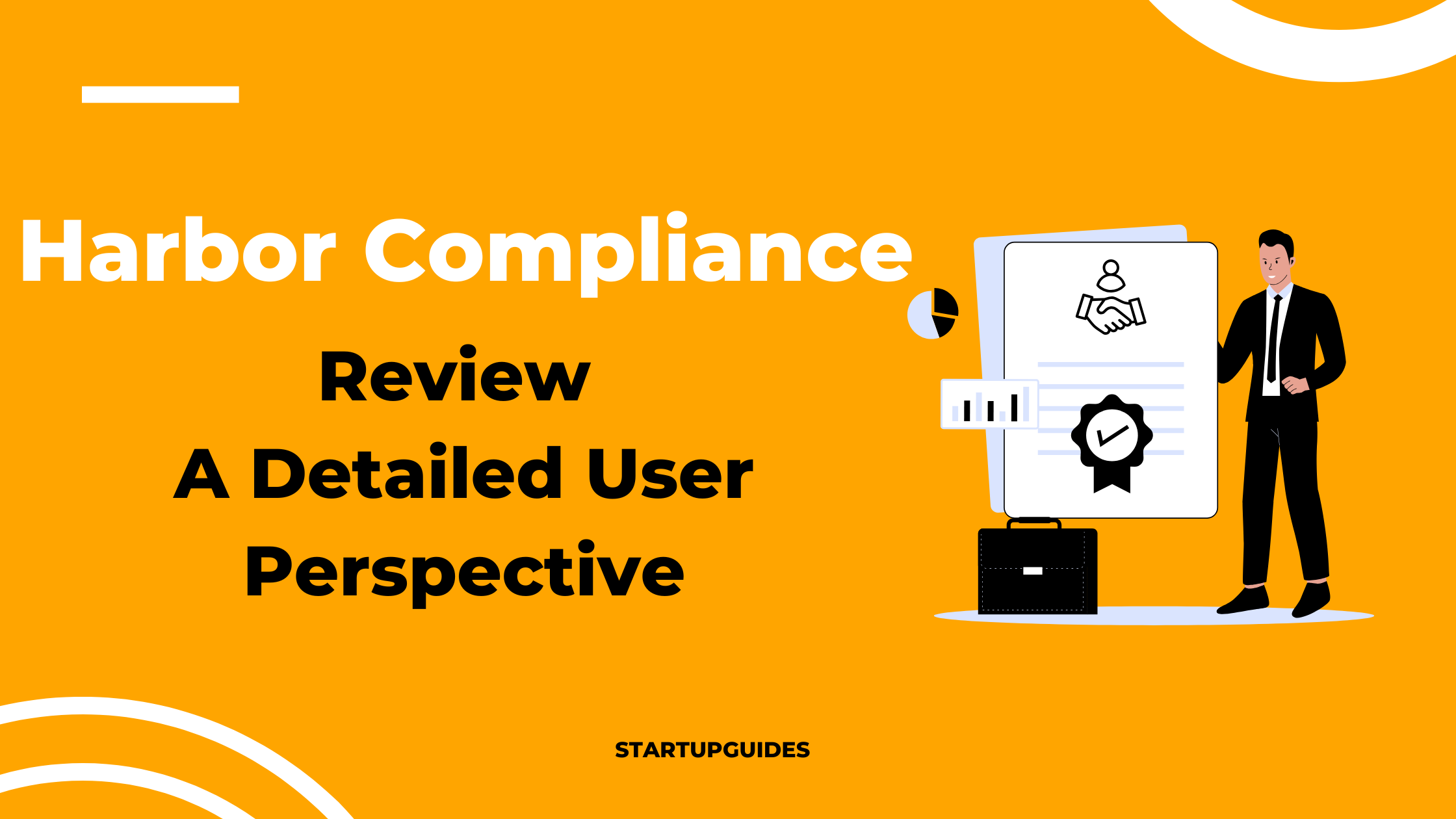Starting a business is an exciting yet daunting journey. Choosing the right place to start your business can make a huge difference, and Wyoming is one of the best states to consider. With its friendly business environment, low taxes, and relatively straightforward regulations, Wyoming has become a popular destination for entrepreneurs. If you’re looking to start a business in Wyoming, this guide will walk you through all the steps you need to take to get your company up and running smoothly.
How to Start a Business in Wyoming?
Starting a business in Wyoming involves a series of steps that are generally common to any business formation process. However, Wyoming has its own specific requirements and regulations that make it attractive for entrepreneurs. From creating a business plan to marketing your business, each step requires careful consideration. Here’s a breakdown of what you’ll need to do:
Step 1: Create a Business Plan
The first step to starting a business in Wyoming, or anywhere, is creating a solid business plan. This is your roadmap for the future of your business. A business plan will help you map out your goals, how you plan to achieve them, and where you see your business going in the next few years.
A good business plan is a crucial document whether you’re seeking funding or not. It gives you a clear understanding of your business operations and lays the groundwork for success. Your business plan should include:
- Executive Summary: A brief summary of your business and its mission.
- Business Description: Detailed information about your business, what it does, and what makes it unique.
- Market Research: An analysis of your industry, target market, and competition.
- Organization and Management: A structure of your business, including roles and responsibilities.
- Products or Services: A detailed description of the products or services your business offers.
- Marketing and Sales Strategy: How you plan to attract and retain customers.
- Financial Plan: This includes your funding requirements, expected income, expenses, and profits.
Once you have your plan in place, it will guide you through the entire process of starting and growing your business.
Step 2: Choose a Business Entity in Wyoming
The next step in starting a business in Wyoming is to decide what type of legal entity your business will be. This is important because it impacts everything from taxes to personal liability, and even how much paperwork you’ll need to do. In Wyoming, there are several types of business entities to choose from, each with its own set of advantages and drawbacks.
Sole Proprietorships
A sole proprietorship is the simplest form of business entity. As a sole proprietor, you are the sole owner of the business and have complete control. You will report your business income on your personal tax return, which makes tax filing simple.
- Pros: Easy to set up and maintain, minimal paperwork.
- Cons: You are personally liable for any debts or legal actions against your business.
Limited Liability Company (LLC)
The Limited Liability Company (LLC) is a popular business structure in Wyoming. It combines the flexibility of a sole proprietorship with the protection of a corporation. An LLC offers limited liability, meaning your personal assets are protected from business debts or legal actions.
- Pros: Limited liability protection, flexible tax treatment, and fewer formalities than corporations.
- Cons: Requires filing Articles of Organization with the state and paying annual fees.
Limited Liability Partnership (LLP)
An LLP is similar to an LLC but is specifically designed for professional service businesses like law firms, accounting firms, or medical offices. This structure provides limited liability to its partners, meaning they are not personally liable for the business’s debts or obligations.
- Pros: Limited liability for partners, flexibility in management.
- Cons: Only available for certain types of businesses.
Corporation
A corporation is a more complex business entity that separates your business and personal finances. Corporations are more structured and have more regulations, but they offer benefits like the ability to issue stock and raise capital more easily.
- Pros: Limited liability, ability to raise funds through stock.
- Cons: More complex to form and maintain, potential for double taxation (if classified as a C-Corp).
Choosing the right entity depends on your business needs, risk level, and long-term goals. If you’re unsure, it’s always a good idea to consult with a business attorney or accountant.
Step 3: Determine Your Wyoming Business Costs
Before jumping into your new business, it’s essential to know how much it will cost. Wyoming is a great state for entrepreneurs due to its low taxes and affordable operating costs, but there are still various fees and expenses you’ll need to consider. Here are some of the primary costs involved:
- Business Formation Fees: This includes the cost of filing your formation documents (e.g., Articles of Organization for LLCs). In Wyoming, the filing fee is relatively low — for an LLC, it’s $100, and for a corporation, it’s $100 as well.
- Registered Agent Fees: If you form an LLC or corporation, you’ll need to designate a registered agent to receive legal documents on behalf of your business. Registered agent services typically cost between $50 and $300 per year.
- Licensing Fees: Depending on your business, you may need specific licenses and permits. For example, if you’re starting a business that sells products, you’ll need a sales tax license, which is free to obtain in Wyoming, but other types of licenses (e.g., for professionals) may come with a fee.
- Insurance: It’s always a good idea to have insurance, even if it’s not required. Business insurance premiums can vary widely depending on your industry and the types of coverage you need (general liability, workers’ compensation, etc.).
- Operational Expenses: These include costs for rent, utilities, salaries, office supplies, inventory, and more. Be sure to factor in both startup costs and ongoing operational costs as part of your business plan.
Step 4: Name Your Business in Wyoming
The next important step is choosing a business name. The name of your business is one of the first things your customers will know, so it’s crucial that it reflects your brand and mission. When naming your business, keep the following in mind:
- Uniqueness: Your business name must be distinguishable from other registered businesses in Wyoming. Use the Secretary of State’s online database to check for name availability.
- Compliance: If you’re forming an LLC or corporation, your name must include the appropriate designator, such as “LLC” or “Inc.”
- Memorability: Choose a name that’s easy to remember and spell. It should also be simple enough that customers can easily search for it online.
Once you have a name in mind, you can reserve it with the Secretary of State to ensure that no one else can use it while you’re preparing to launch your business.
Step 5: Register Your Business in Wyoming
Now that you’ve chosen a name and legal structure for your business, it’s time to officially register it with the state. The registration process in Wyoming is relatively simple.
Get a Wyoming Registered Agent
If you’re forming an LLC or corporation, you’ll need to designate a registered agent. This is a person or company that will receive official legal documents on behalf of your business. You can be your own registered agent, but many businesses opt to hire a professional service for this role to maintain privacy and ensure timely document delivery.
Apply for Wyoming Formation Document
The next step is filing the appropriate formation documents with the Wyoming Secretary of State. This can be done online through their website.
- LLC: You’ll need to file Articles of Organization.
- Corporation: You’ll need to file Articles of Incorporation.
Both documents require basic information about your business, such as its name, address, and the names of the members or directors.
Request an Employer Identification Number (EIN)
An EIN, or Employer Identification Number, is essentially a social security number for your business. It’s necessary for tax purposes, opening a business bank account, and hiring employees. You can apply for an EIN online through the IRS website.
Step 6: Apply for Business Licenses and Permits
In Wyoming, some businesses are required to obtain licenses and permits to operate legally. Depending on the type of business you’re starting, you may need to apply for several different licenses. For instance, if you’re selling goods, you’ll need a Sales and Use Tax License. Other types of businesses, such as food establishments, health clinics, and professional services, may require additional permits.
Check with the local city or county government to ensure you’re complying with all the necessary regulations. You can also consult with a legal advisor or business professional to make sure you’re on the right track.
Step 7: Get a Bank Account
Once your business is officially registered, you’ll need to open a separate business bank account. Keeping personal and business finances separate is crucial for legal and financial reasons. A business account will also help you manage cash flow and maintain proper accounting records.
When choosing a bank, consider the services they offer, such as business loans, credit lines, and payment processing. Many banks offer specialized accounts for small businesses with low fees and additional features.
Step 8: Market Your Business in Wyoming
Now that your business is officially up and running, it’s time to spread the word and attract customers. Wyoming has a tight-knit community, so networking can be very effective in this state. Attend local business events, join business groups, and connect with other entrepreneurs.
Some marketing ideas to help you grow your business include:
- Online Marketing: Build a professional website and utilize social media platforms like Facebook, Instagram, and LinkedIn to promote your business.
- Networking: Wyoming has a strong sense of community, and networking with other local businesses and professionals can help you build relationships and grow your customer base.
- Local Advertising: Consider placing ads in local newspapers, radio stations, or on billboards to attract attention.
Marketing is an ongoing effort. Consistently promoting your business will help you stay top of mind with customers.
Important Information
Do You Need to Have Business Insurance?
While Wyoming does not require business insurance, it’s highly recommended that you have coverage. Business insurance protects you from unforeseen circumstances like property damage, customer injuries, and lawsuits. Types of insurance you may need include:
- General Liability Insurance: Protects against third-party claims.
- Workers’ Compensation: Required if you have employees.
- Property Insurance: Covers damage to physical assets like equipment and inventory.
Consult with an insurance broker to determine the best coverage for your business.
What Is the Most Profitable Type of Business?
The profitability of your business will largely depend on the industry you choose and the demand for your products or services. However, sectors like technology, health care, and e-commerce tend to offer the best profit margins. Conduct thorough market research to find profitable opportunities in Wyoming.
Conclusion
Starting a business in Wyoming offers numerous advantages, from low taxes to an overall business-friendly environment. By following the steps outlined in this guide, you can ensure that your business gets off to a strong start. Whether you’re opening a small retail shop, a tech startup, or a consulting firm, Wyoming provides a solid foundation for your entrepreneurial journey. With careful planning, determination, and the right resources, you can succeed in this thriving state.





